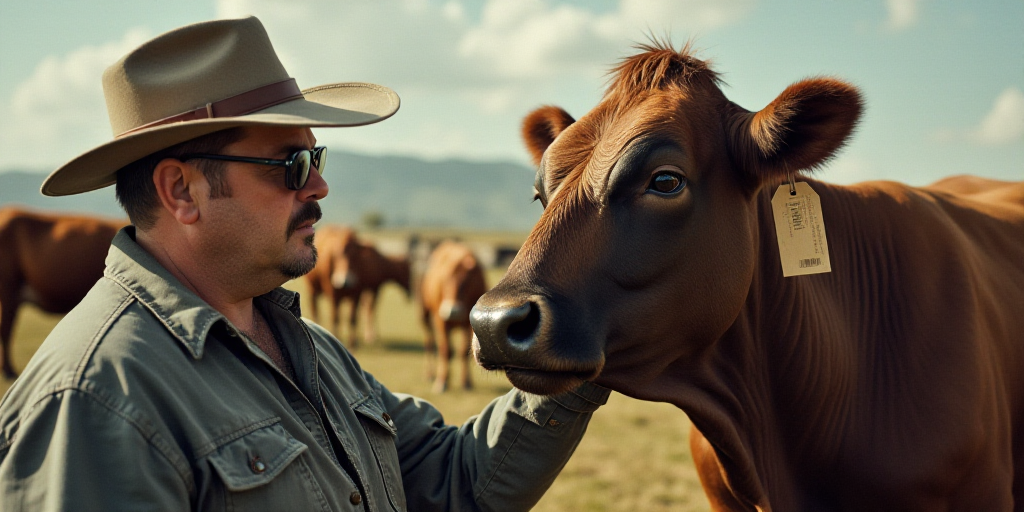Background on the Situation
In May, the US government imposed a restriction on Mexican livestock imports due to concerns over the spread of the New World Screwworm, a parasitic fly larva that feeds on live mammalian flesh. This parasite can cause severe infections, weight loss, reduced productivity, and even death in livestock.
US Agriculture Secretary Confirms Reopening
Brooke Rollins, the US Secretary of Agriculture, confirmed that the US border ports will reopen gradually for bovine, bison, and equine imports from Mexico starting July 7. This decision comes after joint efforts between the US and Mexican governments to eradicate the screwworm in the region.
Collaborative Efforts
Rollins and Julio Berdegue, Mexico’s Secretary of Agriculture and Rural Development, discussed their collaborative work over the phone to address the screwworm issue. The US government has invested $21 million in upgrading a sterile insect production facility in Chiapas, Mexico, to aid in the eradication of the screwworm.
Progress Since May Restrictions
- Flight Challenges Resolved: The US Department of Agriculture has overcome challenges related to flights in Mexico, allowing constant distribution of sterile New World Screwworm flies by the National Weather Service (NWS) seven days a week and more than 100 million flies per week.
- Mexico’s Sterile Fly Plant Renovation: Mexico has started renovating its sterile fruit fly production plant in Metapa de Domínguez, Chiapas, with completion expected by July 2026. This upgrade will enable weekly production of 60 to 100 million sterile New World Screwworm flies.
Impact on Livestock Trade
Official estimates indicate that Mexico exported over one million heads of livestock to the US in 2024. The gradual reopening is expected to facilitate this trade, promoting agricultural cooperation between the two nations.






